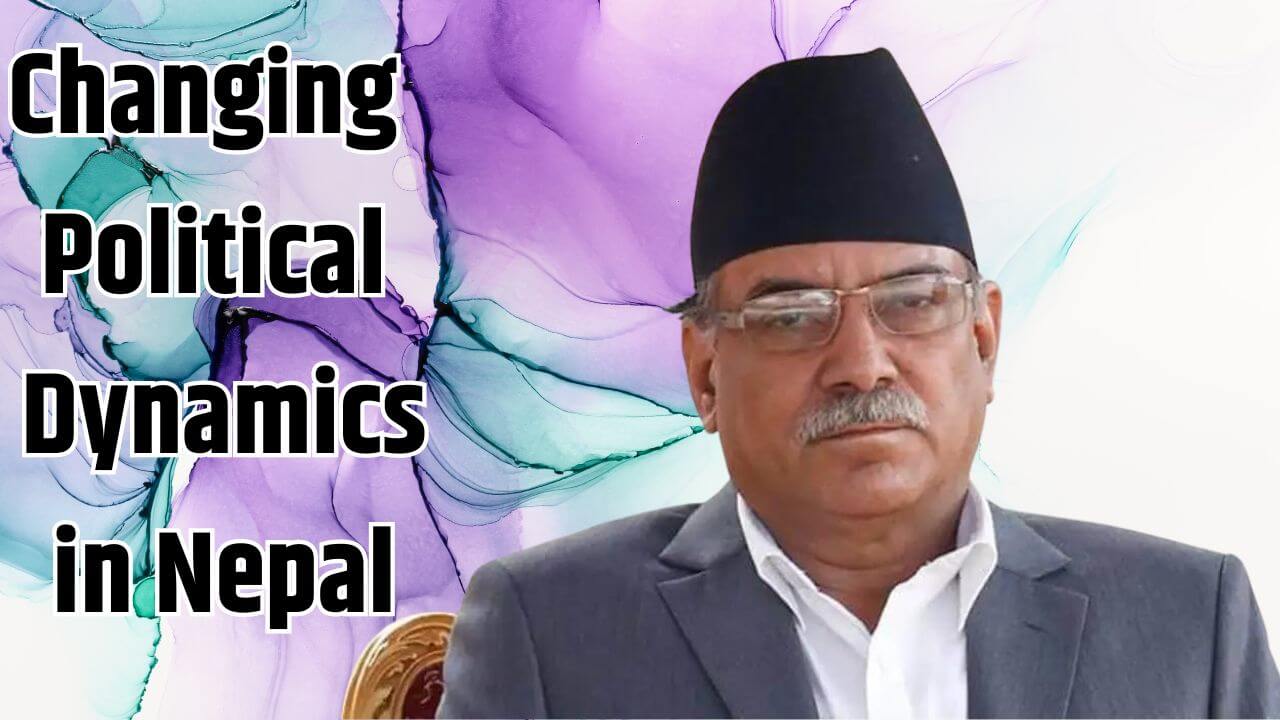In a significant political development in Nepal, the communist parties, led by Maoist leader Prachanda and Prime Minister Pushpa Dahal ‘Kamal,’ have come together once again. This coalition marks a change in the political landscape and raises concerns about the potential impact on India and China. Let’s delve into the details and understand the implications of this recent development.
Background
Nepal has witnessed a change in government after the central elections in 2022, with Prachanda successfully securing the position of Prime Minister for the third time. The recent alliance between the Maoist Center led by Prachanda and the Unified Marxist-Leninist (UML) party led by K.P. Oli has reshaped Nepal’s political scenario.
The Geopolitical Shift
Analysts speculate that this political realignment in Nepal may not necessarily alter the country’s foreign policy. However, it is expected to influence the perceptions of India and China. The coming together of communist parties has historically been viewed favorably by China, and this alliance could potentially strengthen China’s influence in Nepal.
India’s Concerns
With the Nepali Congress, the largest party in Nepal, now in opposition, India may have reservations about the dominant role of communist parties in Nepali politics. The shift in power dynamics could raise concerns in New Delhi, as a strong communist influence might impact the traditional ties between India and Nepal.
Belt and Road Initiative (BRI)
China’s Belt and Road Initiative (BRI) may gain prominence in Nepal with the communist parties aligning. The BRI projects could find greater acceptance and cooperation from the Nepalese government, potentially altering the geopolitical landscape in the region.
Impact on Stability
Nepal has experienced frequent changes in government over the past few years, leading to political instability. The cyclical nature of these coalitions may hinder the nation’s stability and affect its credibility in the international arena. Former Prime Minister Dinesh Bhattarai highlighted the adverse impact of recurrent political changes on Nepal’s credibility during a recent interview with the BBC.
The recent alliance between Prachanda and Oli’s parties in Nepal has triggered geopolitical speculations regarding India and China. While China might welcome the strengthened communist influence, India may view it with caution, given the historical ties between India and the Nepali Congress. The evolving political dynamics in Nepal emphasize the need for both India and China to recalibrate their strategies in the region. The stability and foreign policy choices of Nepal will play a crucial role in shaping the geopolitical landscape in South Asia.
